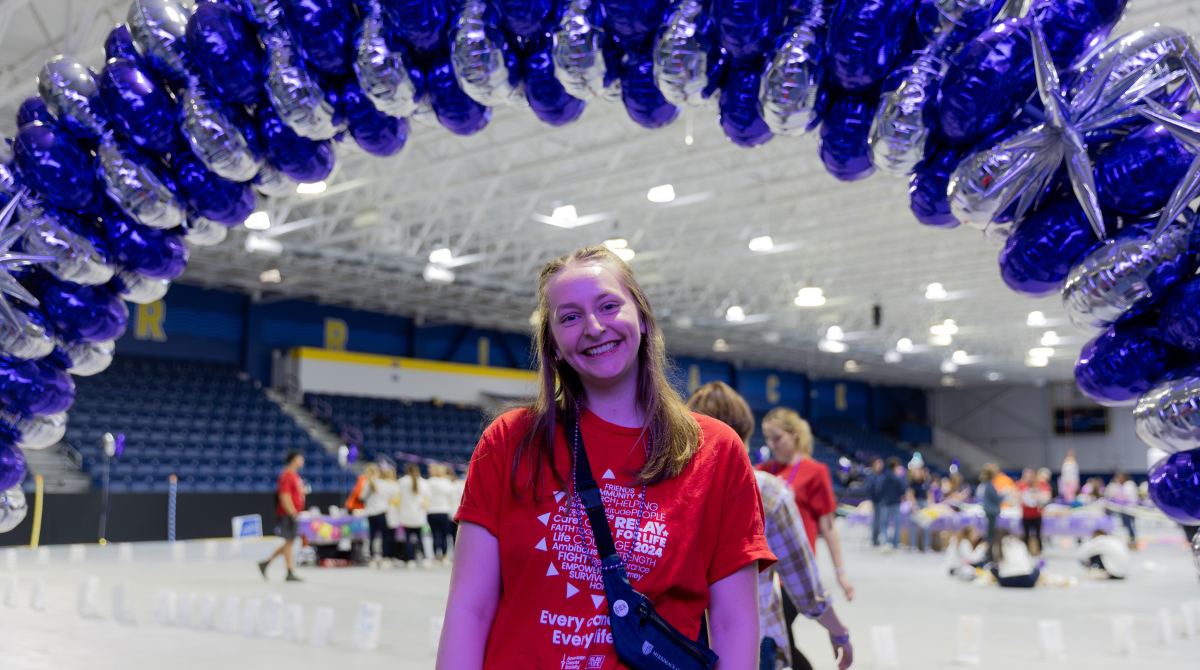Strategies to Manage Coronavirus Anxiety
Greater Lawrence Family Health Center has written the following article about coronavirus anxiety. We thank them for generously sharing this information with us.
Here is what you and your family can do to help with the stress and fears associated with COVID-19. Always remember, the best way to cope with stress is to build good daily habits.
Being Worried is Normal
According to psychologists, anxiety is a natural response to the unknown, so it’s normal to feel unsettled since much about the virus is unknown, even to experts. Anxiety is mother nature’s way of trying to protect us by pushing us to resolve uncertainty and figure out a solution.
One of the best techniques is to “lean into” the fears and accept them as being normal. Spend some time to explore how your fears are impacting your thoughts and body. Also, reach out to others and validate their feelings.
Avoid jumping to the worse possible outcome. When you find yourself doing that, stop and be in the present and ask yourself, “how are things right now?” Our vision of what will take place in the future is seldom accurate, and we almost always leave out all the potential positive outcomes.
Limit Your Exposure to the News
News by design tends to focus on negative, and it’s generally a good habit to check in to reliable sources only once a day. Also, protect younger children and their exposure to news sites.
Attempt to Maintain a Routine
Part of the stress of this event is that our daily routines have been upended. These significant changes are by themselves very anxiety-producing. Build a schedule for you and your family to have both a productive and fun time.
Stay Physically Healthy
Maintaining a healthy body will not only reduce your worries but may also protect you from getting sick. Watch your eating habits; people who are worrying may eat less or eat more often. Avoid caffeine and other stimulants.
If you can’t leave the house, find an exercise video online. Dance to music. Do some yoga or walk up and down the stairs. For people working at home, get up for a short break every 30 minutes. Here are some useful resources:
Curate Your Environment
During this pandemic, we have hopefully been in our homes as much as possible, so we should be making them even more of a “safe space” during this unknown time. By surrounding your environment with sounds, smells, interactions, and resources that feel good to you will help you cope better. While this may seem small, during a time of chaos, it can make a difference. For example, baking cookies, by baking cookies you will have that aroma throughout your home, it will keep you distracted, make you feel a sense of comfort, and you end up with a treat when you are finished
Reach Out to Loved Ones and Reconnect with Old Friends
Avoid isolating and connect with those who may be by themselves and scared. Make a goal to reach out to one or two people a day.
Just Breathe
Try the 4-7-8 method, which can instill a sense of calm when you feel out of control. The technique involves breathing in for four seconds, holding for seven, and exhaling for eight. But more than the particular count, what matters is that the exhale is longer than the inhale. Lengthening the exhale emphasizes the release. You’re releasing whatever is going on and relieving stress.
Try Meditation
The use of meditation and yoga to manage stress has been around for over 3,000 years. The best way to start is to start small. Simply sit in a quiet place for a few minutes with your eyes closed and just observe your thoughts. Do this every day at the same time. The meditation app Headspace is currently free for healthcare providers.
The Greater Lawrence Family Health Center also created a series on mindfulness and meditation, check out these short videos:
Lawrence Family Health Center also created a series on mindfulness and meditation, check out these short videos:
- Intro to Mindfulness
- The Benefits of Mindfulness Meditation
- How to Meditate
- Using Mindfulness to Manage Emotions
Get Some Sleep
Sleep resets your system and is one of the best stress relievers. Unfortunately, stress and worry can lead to a lack of sleep, causing a deepening spiral of distress. If you already struggle with sleep, then you know there are no easy fixes. Do your research and work on developing good habits. Reach out to your doctors if you feel this is a chronic issue. The apps Headspace and Calm can help.
Laugh and Play
One of the best stress relievers is to laugh and play with others. Dust of some games, puzzles, etc. Pets are a proven stress reliever, as well. Check out the daily Facebook videos call Crona Watch 2020 from the comedian from Maine Bob Marley.
Talk to Your Children
Parents are faced with the challenge of discussing the evolving coronavirus outbreak with young children. Although these may be difficult conversations, they are also important. There are no “right” or “wrong” ways to talk with children about such public health emergencies. Here is a good resource to guide you – “Talking to Your Children About COVID19.” Or watch this great FB video together from ZDoggMD.
Seek Help if Needed
If you or your family members are having difficulty managing their anxiety, or have become depressed, reach out to a professional. You can start with your primary care clinician, most are now using telemedicine. There are several apps where you can connect to a counselor online, such as TalkSpace. An excellent resource on more advanced techniques to address anxiety and panic can be found at dareresponse.com.

